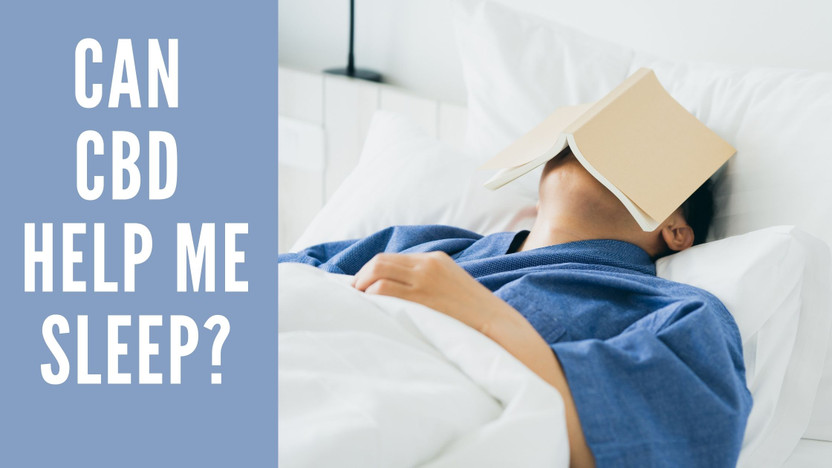Does CBD Help with Sleep?
Nov 9th 2020
Does CBD Help with Sleep?
The exact function of CBD involves the body’s endocannabinoid system. This system is an internal structure that the body uses to manage several bodily functions, including sleep. Our bodies produce transmitters called endocannabinoids which function similarly to cannabinoids found in the cannabis family of plants, including CBD from the hemp plant. When our natural supply of endocannabinoids is out of balance, supplementing with CBD has shown to reestablish balance and well-being.
When CBD components are introduced into the body, they coordinate with the endocannabinoid system and promote changes in the body’s hormone levels, physical state, and more.
An important distinction must be made between CBD and THC. Both THC and CBD are derived from plants in the cannabis family and are being investigated for their potential uses as herbal remedies.
THC, however, is commonly known for its psychoactivity. THC is the component of cannabis that produces a euphoric “high” sensation. Research suggests, however, THC may in fact impair the quality of sleep on a long-term scale(Babson et al., 2017, 23).
CBD, on the other hand, is known for having a more calming effect on the body. Published research regarding the beneficial effects of CBD and sleep is preliminary but promising.
Although sleep is not always the primary outcome investigated in these studies, it is usually reported as a benefit associated with reduced stress, improved neurological functioning, or pain management.
Like any medication or other supplement, individual reactions can vary. Personal preference, lifestyle, body chemistry, adherence to a regimen, and interactions with medications or other supplements can all impact the effectiveness and side effects of taking CBD for sleep.




